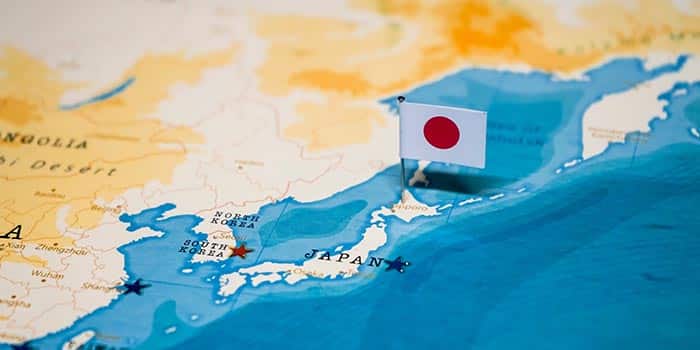Brain Health of Seniors in Japan Boosted by Pachinko Games

Japan is among the countries in Asia that has strict laws when it comes to gambling. Although once popular, over the last two decades, the pachinko industry has been shrinking. Now, the sector may be revitalized thanks to a surprising target audience, namely, elderly people.
Pachinko games are based on the popular pinball machines in the United States. Players of pachinko games shoot steel balls through a range of pins. The objective of the game is to land the steel ball in different pockets which can result in wins and subsequently reward more balls.
Pachinko Games Positively Impact Brain Health Among Seniors
Hiroto Kamei, the sales director of the pachinko machine developer, Toyomaru Sangyo, who was recently interviewed by Bloomberg, spoke about the efforts to revive the business. He explained that the elderly are certainly an important target audience, considering that the pachinko game developer adjusts its games to their demand.
The revitalization of the pachinko industry comes amid scientific evidence about the benefits of such games, especially among old people. One major health benefit of playing pachinko games among the elderly is the prevention of dementia.
Kikunori Shinohara, a professor at the Suwa Tokyo University of Science, spoke about the surprise benefit of playing pachinko games that help prevent dementia among old people. “I’m getting old myself but doing activities I like that have benefits are much better than doing tedious therapy,” he explained.
To capitalize on the opportunity, Toyomaru Sangyo develops its games after consultation with scientists. This sees the delivery of pachinko games that have pedals for example, which means that the elderly users can exercise while playing.
The Vertical Pinball Games Bring Joy to the Elderly
While there are certainly efforts to revitalize the pachinko industry, the sector isn’t what it used to be. Ties to unlawful gambling and criminal syndicates have impacted the pachinko games industry. As reported by Bloomberg, in 2022, the total spending at pachinko venues was $101.8 billion. Compared to the results from approximately 20 years ago, the 2022 figure marked half of what was spent on pachinko games.
But how can pachinko games operate without violating the strict gambling laws in Japan? To ensure compliance, pachinko games award steel balls which can then be exchanged for tokens. Those tokens can then be exchanged for real money.
Kaoru Mori, an executive at Day Service Las Vegas, a daycare center for the elderly that imitates a casino, said that the most important part of offering pachinko games is that they bring joy to the elderly.
He explained that the venue doesn’t use real money and at the same time, elderly visitors have mandatory breaks from the games. According to Mori, the concept of daycare centers that imitate casinos helps the elderly have fun and breaks the stigma around such centers recognized as being “boring.”


